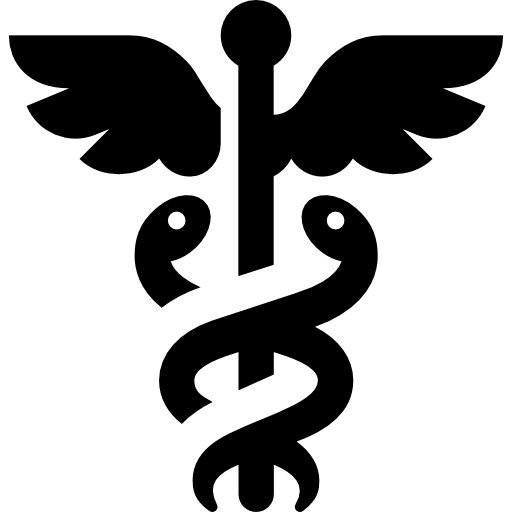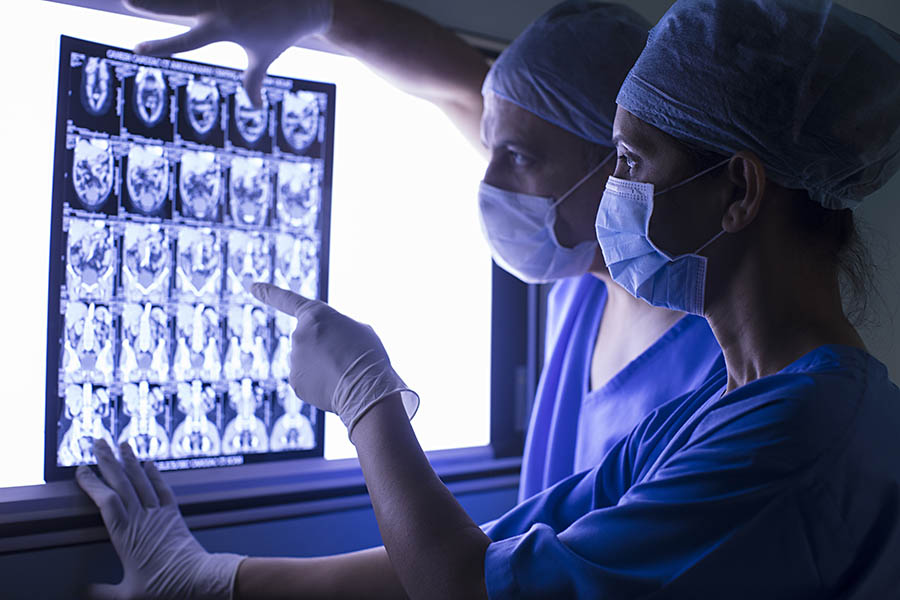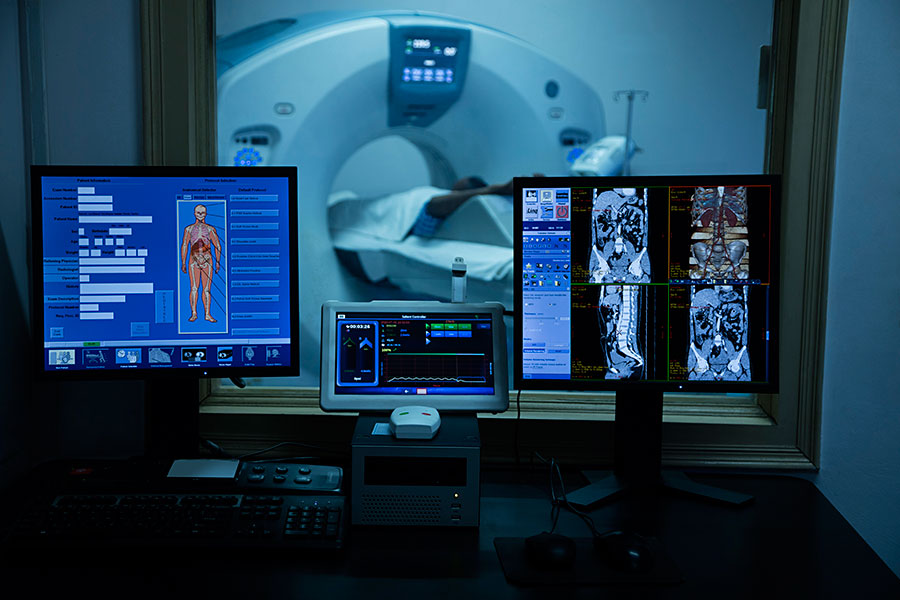
Close

Paramedics work with emergency medical services and give pre-hospital treatment to patients. The most common paramedics that we encounter are those who transport patients between facilities in ambulances. They need to have a good grasp of what to do when in need of an emergency and it is their responsibility to give the best care possible to the patients before they reach the hospital.
They tend to primarily work in caregiving units like aviation medicine, paramedics for the police force and urban search rescue teams. However, a majority of paramedics are involved with the emergency medical services unit.


Physiotherapy: It is a branch of medical science which is concerned with the assessment, evaluation and treatment of physical disability, pain resulting from injury, disease or other health related problems. The professionally trained person who administers this treatment is called as a physiotherapist. A physiotherapist treats mainly post-operative cases like fracture, dislocation, amputation, neurological cases, nerve injuries, heart and chest conditions, skin conditions, muscular diseases, burns, plastic surgery etc.
Nursing: It is one of the most well-known paramedical professions which is a vital part of medical care. In the hospital, from general ward to the operation theatre, nursing is the most important component of patient care. Nursing is an essential component of the healthcare system.















